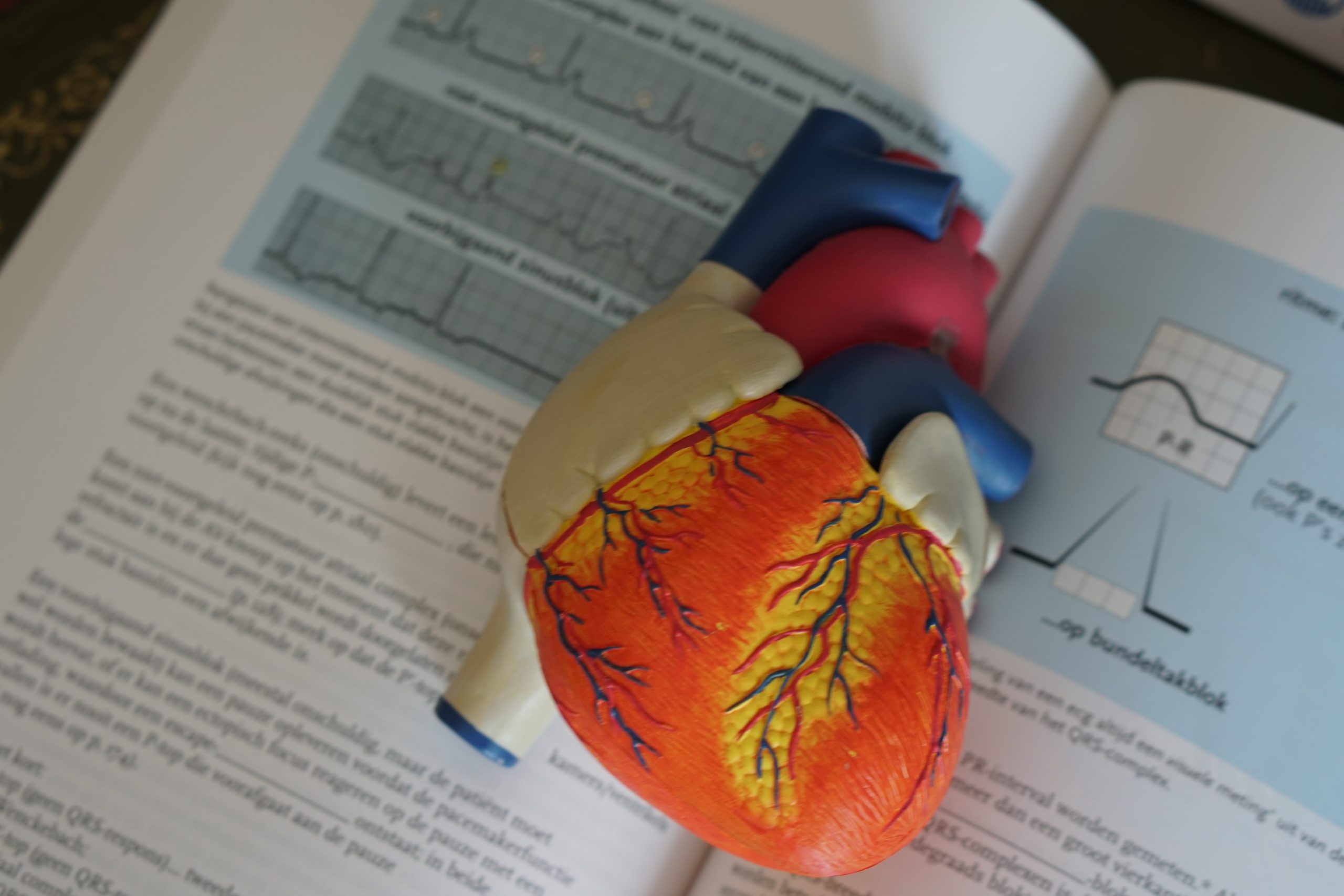Are you considering pursuing a career in medicine? Or maybe you’ve already completed your medical training and are wondering if obtaining a medical license is worth the extra effort. Look no further than this article, where we’ll delve into the top seven reasons why getting a medical license can benefit both your professional and personal life. From increased job opportunities to higher income potential, we’ll break down all of the perks that come with this important credential. So sit back, grab your coffee, and get ready to discover why becoming licensed is an essential step for any aspiring healthcare provider!
You can make a difference
When it comes to making a difference in the medical field, there are many ways to do so. However, one of the best ways to make a difference is by becoming a licensed medical professional. Here are some of the best reasons to get a medical license:
1. You can make a difference: As a licensed medical professional, you will be able to directly impact the lives of those in your care. Whether you choose to work in a direct patient care setting or in research, you will be able to make a real difference in the lives of others.
2. You can have a positive impact on society: As a licensed medical professional, you will also be able to have a positive impact on society as a whole. By working to improve the overall health of your community, you can help make society as a whole healthier and stronger.
3. You can make a good living: In addition to making a difference in the lives of others, you can also make a good living as a licensed medical professional. With the demand for qualified medical professionals high, you can expect to command a good salary and enjoy job security.
You can save lives
When you become a doctor, you have the opportunity to save lives every day. Whether you’re working in a hospital or a clinic, you’ll be able to provide care for people who need it. And, while not every day will be filled with life-saving moments, knowing that you have the potential to make a difference in someone’s life is one of the most rewarding aspects of being a doctor.
It’s a noble profession
A medical license is a professional license that allows a person to practice medicine within a certain jurisdiction. It is important to have a medical license in order to ensure public safety and protect the public from unqualified or unethical practitioners. There are many reasons why someone would want to obtain a medical license, but some of the most common reasons include wanting to help others, having a passion for medicine, and wanting to make a difference in the world.
You’ll never be bored
If you enjoy working with people and want to help others, a career in medicine may be perfect for you. With a medical license, you’ll have the opportunity to work in a variety of settings, from hospitals to private practices. You’ll never be bored as a medical professional!
It’s a great way to help others
There are many reasons to get a medical license, but one of the best is that it’s a great way to help others. With a medical license, you can work in a hospital or clinic and help people who are sick or injured. You can also work in a research lab and help develop new treatments for diseases.
You can make a lot of money
There are a number of reasons to get a medical license, but one of the best is that you can make a lot of money. With a medical license, you can open your own practice, work as a doctor in a hospital, or even start your own research company. The sky is the limit when it comes to earning potential, and with a medical license you can be sure that you’re on the right track to financial success.
You can have a flexible schedule
Assuming you’re referring to a doctor’s flexible schedule:
One of the best things about being a doctor is that you can have a very flexible schedule. You can choose to work part-time or full-time, and you can even choose to work from home if you want. You can also choose to work in a variety of settings, including hospitals, clinics, private practices, and research facilities.









